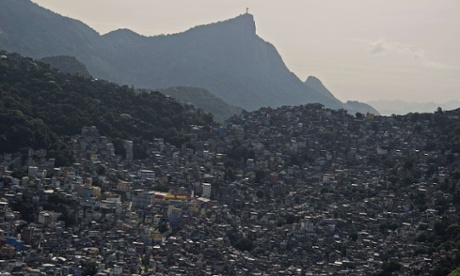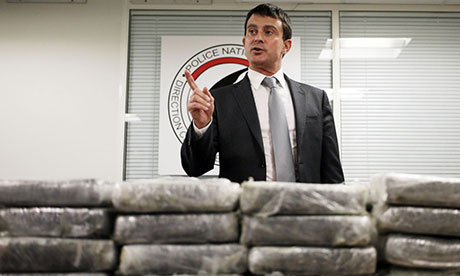By Ellis Cortez
Impunity Watch Reporter, South America
BOGOTA, Colombia – The governor of the northern province of La Guajira, Juan Francisco ‘Kiko’ Gomez, was arrested by Colombian officials for his involvement in three murders and for collaboration with right-wing paramilitaries.

Colombia’s Deputy Attorney General, Jorge Fernando Perdomo, said that Gomez was linked to the 1997 assassination of a Barrancas city councilman, Luis Lopez Peralta, and the killings in 2000 of Luis Alejandro Rodriguez Frias and Rosa Mercedes Cabrera Alfaro.
Gomez is also accused of criminal involvement with paramilitary groups in La Guajira, on Colombia’s border with Venezuela. The charges include links with Rodrigo Tovar, commander of the right-wing United Self-Defence Forces of Colombia (AUC), and Salvatore Mancuso. Tovar and Mancuso were extradited to the United States on drug trafficking charges in 2008.
The governor’s supporters surrounded Gomez’s house to try to prevent his arrest when police came for him during a festival in his home town of Barrancas, in north-eastern Colombia. He was later removed from the property in an ambulance, with undisclosed injuries and was under treatment at a clinic.
Earlier this week Kiko Gomez was charged with five counts of corruption, in a separate case. Gomez, who served as mayor of Barrancas from 1995 to 1997 and again from 2001 to 2003, was elected governor of La Guajira in 2011.
Colombia’s paramilitaries were created in the 1980s by drug traffickers and ranchers to counter leftist rebel kidnapping and extortion. However, many of the militias degenerated into death squads and carried out massacres of peasants suspected of having rebel sympathies. They also killed journalists and union members accused of favoring the leftist insurgents.
The AUC, accused of committing numerous human rights violations, demobilized during the administration of former Colombian President, Alvaro Uribe. During the demobilization, thousands of paramilitaries gave testimony and handed in their weapons in exchange for benefits, including immunity from prosecution in some cases.
More than one hundred national, regional and local politicians were investigated for links with the AUC and other paramilitaries as part of scandal known as the “parapolitics,” Dozens of those accused have been convicted.
For more information please see:
ABC News – Colombia Governor Arrested, Accused of Gang Ties – 13 October 2013
The Washington Post – Colombian governor arrested on racketeering charges, suspected in 3 killings – 13 October 2013
BBC – Colombian governor Kiko Gomez charged with murder – 13 October 2013
El Tiempo – En ambulancia, sale capturado ‘Kiko’ Gómez, gobernador de La Guajira – 12 October 2013



